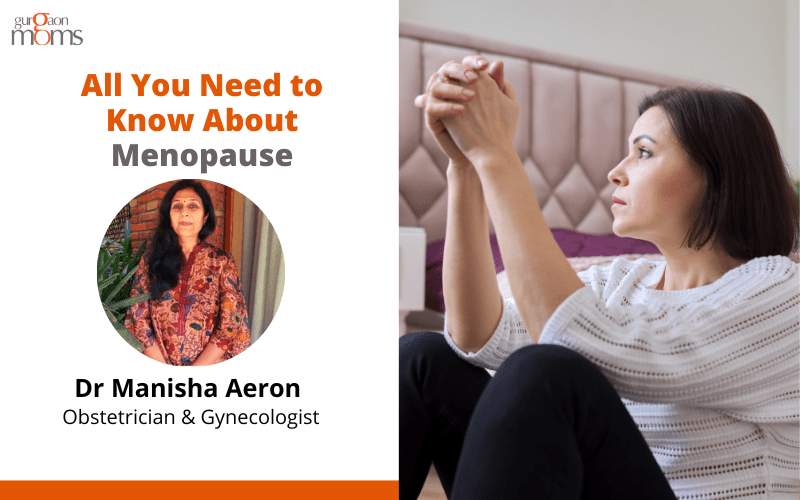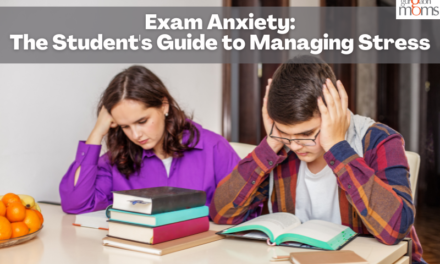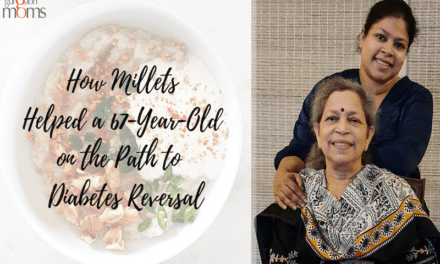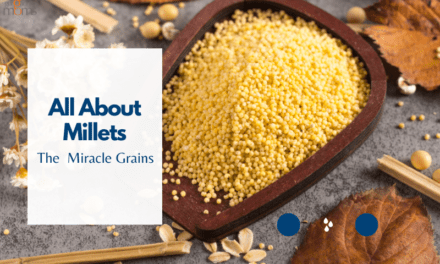Menopause may seem like a big, scary and unknown thing to happen in a woman’s life but, it doesn’t mean you are getting old, neither is it a disease. It is a simple life transition in a women’s body just like puberty. You can even call it the after party, if having periods was like the main event of our hormonal life cycle.
We women are born with an ovarian reserve consisting of x no. of eggs depending upon our own unique genetic makeup. This reserve begins to slowly get used up from the time we first hit puberty. It is when this reserve comes to an end over a long period of time that we reach what we know as Menopause. While Menopausal transition may be referred to as ‘Menopause’ true Menopause does not happen until one year after a woman’s final menstrual period. Menopause is marked by the absence of monthly menstrual cycle for continuous twelve months and end of fertility, between 47 years to 52 years of age in India. It does not occur suddenly. It happens over a period of many years. During this period, a woman experiences certain symptoms in her body. This period before Menopause is called Perimenopause meaning “around menopause”. Perimenopause usually begins in mid-forties which may defer from person to person. In case there is a complete absence of menstrual cycle before the age of Forty (40) years it is defined as Premature Menopause.
During this period, as the ovarian reserve continues to deplete, one would experience vast no. of changes in their body due to the uneven levels of Oestrogen and may even experience have missed menstrual cycles. Symptoms experienced may differ with time as your body reaches Menopause, some of which are as follows:
• Irregular periods- Regularity of menstrual cycle is hugely impacted with instances of missed periods, or periods lasting less than 3 days or for much longer, even the flow could be impacted resulting in heavier or lighter periods than usual.
• Hot flushes– Sudden feeling of warmth, usually most intense over the face, neck and chest, and profuse sweating.
• Vaginal Dryness– Normally, your vaginal lining is lubricated with fluid that helps keeps it thick and elastic. Vaginal dryness happens when the tissues in your vagina are dry, thin and not well moisturized. This can lead to discomfort and pain during sitting, exercising, peeing and sexual intercourse.
• Changes in mood– Due to lower oestrogen/estrogen levels you may experience irritability, fatigue, anxiety, sleeping problems (insomnia) and other factors that can affect your mood. Changes in your hormones may also impact level of serotonin and norepinephrine, leading to depression.
• Urinary Tract Infection/ Vaginal Infection- Your urethra needs oestrogen to keep the tissue healthy. As the menopause causes your oestrogen levels to decrease it can make the urethra more delicate and prone to infections. This may cause pain and burning during urinations which might become frequent and untimely.
• Bone health gets affected– Decreased oestrogen levels can cause a decline in bone density and bone mass, leading to increased risk of osteoporosis. Osteoporosis is when bones become weak due to which there is an increased risk of fractures.
• Decline in libido- The decrease hormone levels can lead to vaginal dryness due to drop of blood supply in vagina which can negatively affect vaginal lubrication. It can also lead to thinning of vaginal wall known as Atrophy. Vaginal dryness and atrophy lead to discomfort during sex, there by causing decline in libido.
• Weight Gain– Oestrogen promotes muscle mass and muscle mass affects metabolism- which is how your body uses energy. Less oestrogen means less muscle mass so you are likely to develop slower metabolism leading to fat accumulation and in turn weight gain.
• Decline in oestrogen levels may lead to unfavourable changes in blood cholesterol level including increase in LDL (low density lipoprotein) – bad cholesterol contributing to an increased risk of heart diseases.
No two women will experience Perimenopause in the same way. The symptoms might look like other
conditions. Always speak to your doctor for the right diagnosis.
During this phase of transition, it’s important to take care of your physical and mental wellbeing. Few things which we can take care off by ourselves-
• Diet- During this period try to include lots of fruits and vegetables in our diet as they are low in fats and rich in fibre, vitamins and antioxidants. It will help in weight management and balance oestrogen fluctuations.
• American Heart Association recommends 30 minutes of regular exercise/ yoga, which helps to strengthen our bones and muscles. Besides this positive hormone such as Endorphins are released during exercise which help in managing mood swings such as anxiety and depression.
• Regular exercise helps in better sleep and can help maintain healthy muscle mass.
• Daily intake of 1 gm Calcium, and 800 mg of Vitamin D helps in reducing the risk of osteoporosis,
osteopenia and fractures.
• Phytoestrogens such as Soy and Black Cohosh also help in reliving menopausal symptoms.
While perimenopause is a natural process, not requiring any medical intervention, please do consult a Gynaecologist if the symptoms are bothersome. Due to vast medical advances, lots of options are available to make this process as comfortable as possible which you can explore at your ease under the guidance of your doctor. Hormone Replacement Therapy is an option, however, is only used after a thorough medical investigation.
Before ending the long jargon filled session on menopause, I would like to share these two quotes from two very strong women that speaks volumes on what the transition really feels like.
“The Changes, The Highs & Lows, and The Hormonal Shifts, There Is Power in That.” – Michelle Obama
“Liberation. Strength. Confidence. My advice to anyone? Don’t believe what you think you know about the
menopause. Everything you see and read will be negative. It is your transformation to your wilder, stronger
and more confident times, so grab control of it, understand how to nourish yourself through to the other
side.” -Vivien Rolfe
 This article is by Dr. Manisha Aeron
This article is by Dr. Manisha Aeron
Dr. Manisha Aeron is a 53-year-old Obs. & Gynae. Doctor and a single mother. She has completed her MBA in Healthcare
Management along with Diploma in Counselling, Life Skills & Personal Safety. She is passionate about women’s health and
women safety. She devotes her time towards creating awareness about the above topics through workshops, articles, etc. In her
free time, she likes to read, meet new people and loves to try new cuisines and experiment with food. She is also fond of nature and finds her peace in the mountains.





